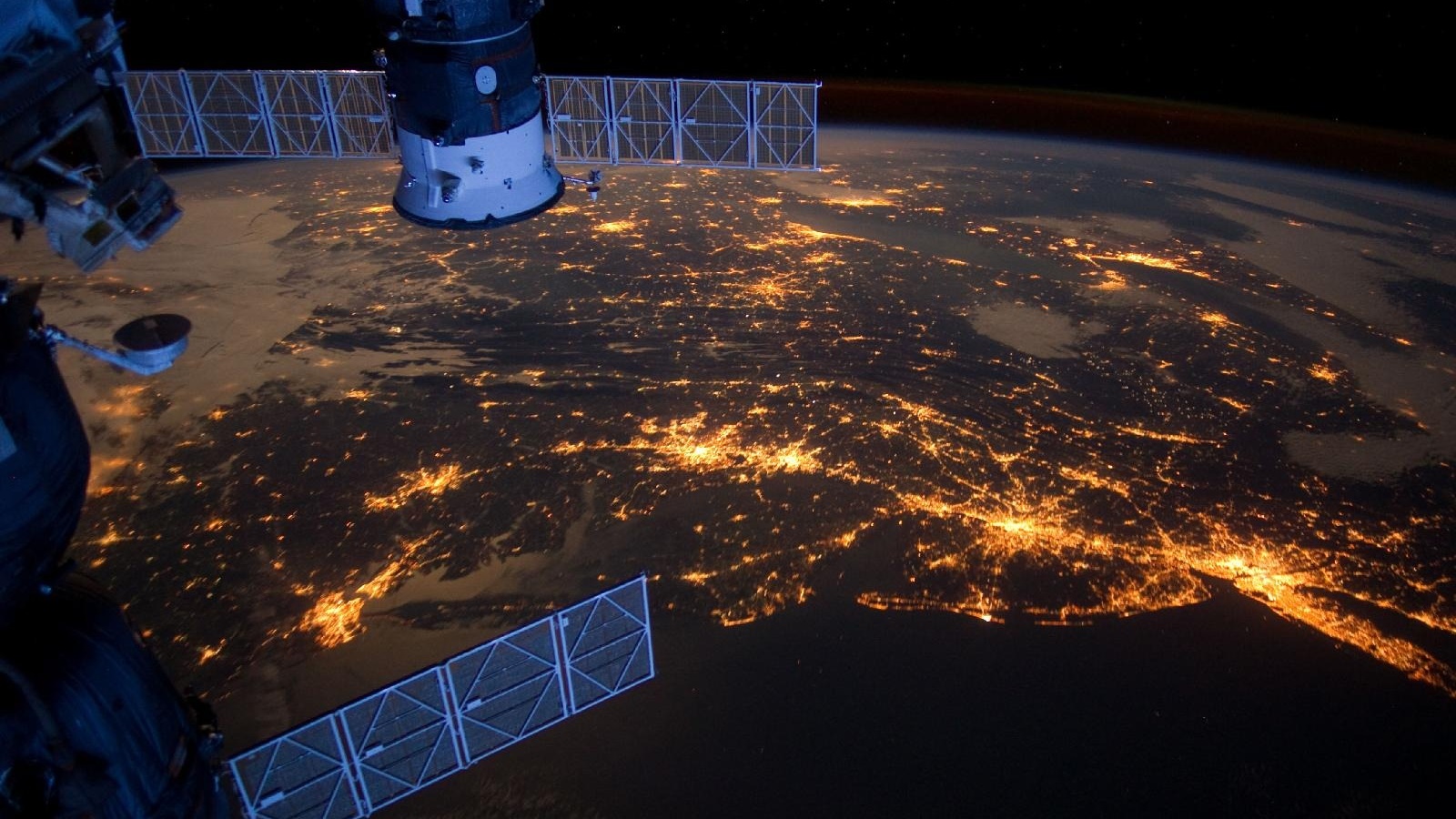As expansive as space is, we really ought to be thinking about how much junk we’re lobbing into the space around our planet at some stage.
Aside from the various research and communication satellites orbiting the Earth, there are a growing number of satellite constellations offering internet connectivity to those on the ground. There are already concerns about the amount of tech above and those concerns are only likely to grow on the back of the European Union’s space ambitions.
“As a major space power, the EU’s Space Programme already provides valuable data and services for a wide array of daily applications from transport, agriculture, and crisis response to the fight against climate change, to name a few,” the European Union said in a press release.
“However, due to new challenges and increased international competition, the EU’s space policy needs to constantly evolve and adapt if we want to continue enjoying freely the benefits that space brings,” the Union added.
The solution to the new challenges and increased competition proposed by the Union is actually two-fold. The first is the creation of an EU space-based secure communication system that will cost the union €6 billion.
This funding will come for the EU itself as well as member states, the European Space Agency and the private sector. The EU will only contribute €2.4 billion between 2022 and 2027.
“Both governmental user needs and satellite communication solutions are changing rapidly. The EU space-based secure communication system seeks to meet these increased and evolving needs, and will also include the latest quantum communication technologies for secure encryption. It will be based on the development of innovative and disruptive technologies, and on the leveraging of the New Space ecosystem,” the EU added.
The mention of “quantum communication technologies for secure encryption” sounds like something out of a sci-fi movie but it’s actually a bleeding edge technology that is considered unhackable. You can read more about the world’s first quantum communication network established in China over on Phys.org.
Unlike the first solution to its challenges, we fully support the second – space traffic management.
With the EU cognisant of the fact that it will be putting more stuff into space, it has also said it will work to ensure that space is a safe secure and sustainable environment.
To that end the EU will develop “concrete initiatives” that promote the safe, secure and sustainable use of space. It’s approach will focus on four elements:
- Assessing the space traffic management civilian and military requirements and impacts for the EU
- Strengthening the EU’s technological capability to identify and track spacecraft and space debris
- Setting out the appropriate normative and legislative framework
- Establishing international partnerships on space traffic management and engaging at a multilateral level.
That last point is especially important when one considers how many launches of satellites there have been over the last year. Tracking all of our junk in space has become a mammoth task and if not done properly we could miss something important.
The other problem we foresee is that the EU’s initiative is for the EU with no consideration being made to the rest of the world. We can say the same about the Federal Communication Commission and SpaceX.
One can argue that these bodies shouldn’t have to consider other countries when making plans but we’d argue they should, especially when we’re talking about thousands of satellites orbiting the Earth.
Are we approaching a point where we can’t see beyond our atmosphere because every continent has its own constellation of satellites? That sounds downright awful to us and we hope that isn’t something that comes to fruition.
That having been said, our planet really is starting to look more like a crude Dyson sphere than a perfect blue-green marble
[Image – CC 0 Pixabay]

